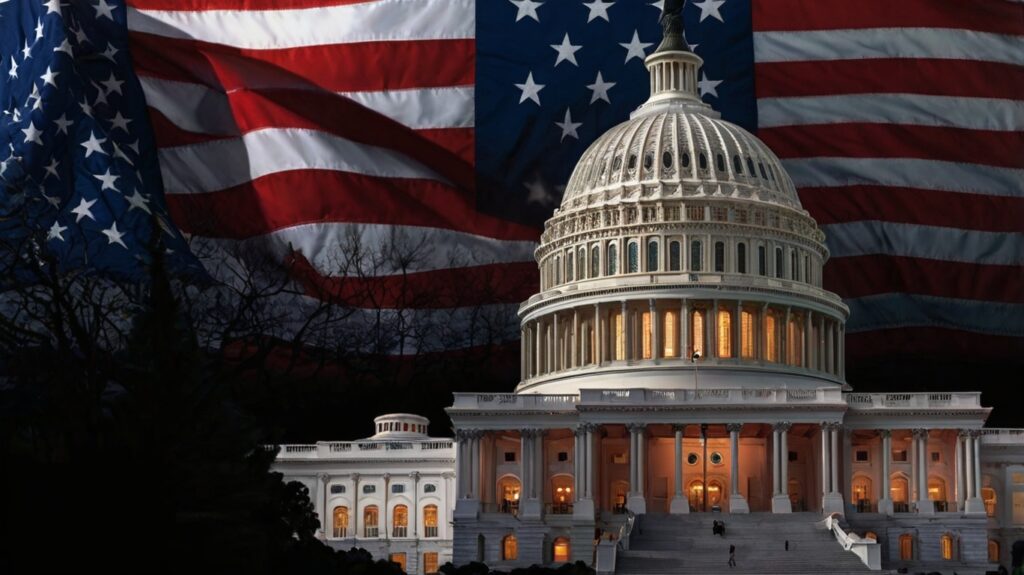
In a significant political development in the United States, the House of Representatives successfully passed a major GOP-supported bill after intense negotiations and late-night discussions. The legislation, considered a priority for Republican lawmakers, had initially faced resistance from a group of GOP holdouts. However, with active involvement from former President Donald Trump and House Speaker Mike Johnson, those members were eventually persuaded to change their stance, allowing the bill to clear a key legislative hurdle.
Adding to the drama of the session, House Democratic Leader Hakeem Jeffries delivered an extraordinary floor speech that not only captivated the attention of lawmakers and political observers but also broke historical records for its length. His speech strategically delayed the voting process, reflecting the deep partisan divisions currently shaping American politics. The extended address highlighted the Democratic Party’s concerns about the bill’s implications and was widely seen as a symbolic stand against certain provisions in the legislation.
Following the passage of the bill, it now awaits a final review and response from former President Trump, who continues to play an influential role in Republican politics. The situation has sparked widespread discussion across political and media circles in the United States, as the bill’s contents and potential impact on future policy directions remain under scrutiny.
This event underscores the intense political environment in Washington, D.C., where legislative processes are increasingly influenced by party loyalty, public demonstrations on the House floor, and behind-the-scenes negotiations. The incident also showcases the strategic use of procedural tactics like extended speeches to delay or influence outcomes in a highly polarized legislative setting.
As this story develops, it continues to attract national attention for both its legislative significance and its display of political maneuvering within one of the world’s most prominent democratic institutions.


